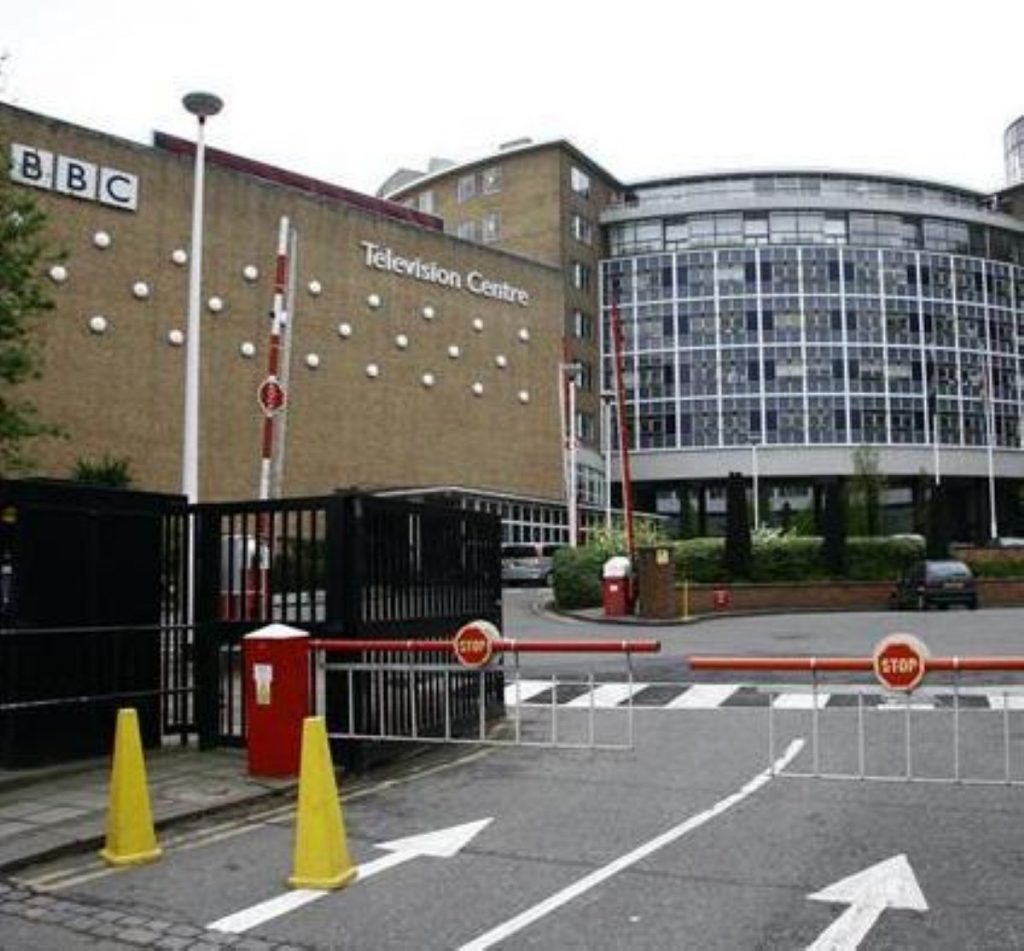Digital switchover ‘has hit licence fee payers’
Britain’s 2012 switchover from analogue to digital television has hit licence fee payers in the wallet, a new report says.
The report, by the public accounts committee, criticised the government for the way in which it funds the public awareness campaign.
It passed responsibility for public awareness to the BBC, setting aside £803 million of licence fee money to do so. But because no outcomes were specified, the BBC is accountable only to the BBC Trust for the way it spent the money, not parliament or the government.
“It looks increasingly like licence fee payers have been hit for a lot more money than was actually needed,” said Liberal Democrat culture spokesman Don Foster.


“With digital switchover already underway it’s staggering that the government has failed to put in place checks and balances to ensure the public are getting value for money.”
The MPs on the committee also found many Britons are still buying analogue television sets because they remain cheaper than the digital alternatives, despite the fact they will be useless by 2012.
“Many viewers do not seem fully to understand the implications of the analogue switch off and are still buying analogue televisions – unaware that they have built-in obsolescence,” said the committee’s chairman Edward Leigh.
“The evidence is that the ‘digital tick’ label with which digital televisions are flagged in shops is a mystery to many retail staff, let alone the people to whom they sell TVs.”
Almost half of the televisions sold in the first seven months of 2007 were analogue sets, the report found.
There was some good news however. Take-up of digital television nationally and among groups eligible for the help scheme has exceeded the governments’ expectations. Fifty-five per cent of those aged 75 and over already have digital television, against the governments’ forecast of 42 per cent.
Just 15 per cent of households remain to make the switch to digital TV for their main set.
David Sinclair, head of policy at Help the Aged, said: “Help the Aged research has found that a large number of older people rely on the TV for their main form of company, so the contents of this hard-hitting report from the committee should be acted on as a matter of urgency.
“The voluntary labelling of the so-called ‘digital tick’ logo is not delivering the level of commitment to supplying proper equipment among retailers that was originally anticipated. Many staff within shops and sales outlets are still unable to explain what the ‘digital tick’ actually means and as a result, are not always able to advise customers as clearly as is needed.”












